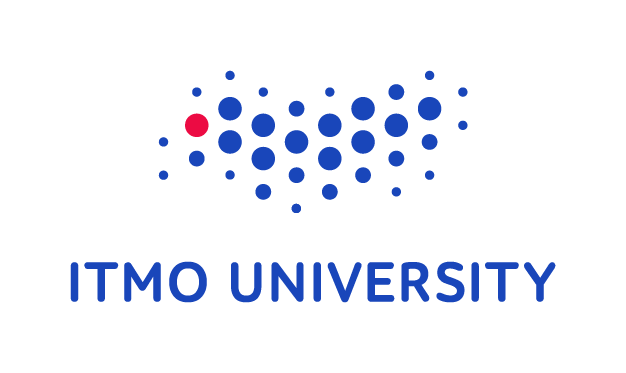You need to sign in or sign up before continuing.
Software Engineering and Computer Systems
Факультет Программной Инженерии и Компьютерной Техники университета ИТМО, Санкт-Петербург.
Signing up requires an email at @itmo.ru, @niuitmo.ru, @edu.itmo.ru, or @hdu.edu.cn.
Don't have an account yet? Register now
